17 March 2022
Dr Georgia Carson is exploring the complex relationship between the cell and its power plant to unlock potential targets for cancer therapy.
We often hear about our DNA which resides in a structure called the nucleus inside our cells – the unique combination of genetic material we inherit from our parents that defines us as individuals. What is less well-known is that some of our DNA is actually found outside the cell nucleus in structures called mitochondria. These miniature power plants take the oxygen we breathe to provide our cells with energy for every function we perform. Dr Georgia Carson is investigating which of the genes that contribute to the mitochondrial powerplant are essential for cancer to spread from one area of the body to the other.
“The spread of cancer, called metastasis, is the main cause of death in cancer patients. Identifying what enables metastasis to occur may help us to design therapies that target those components and prevent the cancer from spreading,” says Georgia.
As someone who loves a good story, it helps Georgia to think about the stories behind the science she conducts. One such story is the epic tale of endosymbiosis, which allows us to understand why mitochondrial genes are so different to the other genes in our body.
“The origin-story of these tiny components of our cells is that mitochondria were once separate organisms that lived independently," says Georgia.
Physically and functionally similar to bacteria, these primitive life forms had their own DNA and made chemical energy for their own sustenance from the surrounding environment.
“Then one day, far back in time, a larger cell engulfed one of these bacteria-like organisms, in a process called endosymbiosis. Over billions of years, these two forms of life became one. Gradually mitochondria gave away some of its genes to the cell nucleus where the rest our DNA resides, while holding on to a few genes essential for life.”
Georgia says the relationship between mitochondria and the nucleus takes co-dependency to a whole new level. “It has proven beneficial for both parties. Mitochondria provides power for the cell and in exchange, the cell provides a relatively stable and nutrient-rich environment.”
Georgia is investigating how this ancient relationship is altered in cancer cells.
“This carefully balanced exchange is disrupted in cancer. Metabolic processes in cancer cells are often severely dysregulated,” she says.
When cancer spreads from part of the body to the other, it undergoes changes in the way the cell uses energy. Georgia is using mouse tumour models to investigate if any of the genes involved in mitochondrial function are influential in enabling the cancer to spread.
“Our work is very fundamental but it’s research we have to do before we reach translational findings. If we could find even one gene that is more influential in enabling metastasis, it may be the first step in identifying targets for drugs or other therapies.”
Georgia’s approach to scientific research is defined by her ability to think outside the box.
“My parents were both journalists so they always encouraged me to pursue the things that interested me and to look at things from all the angles, that’s why I ended up doing biotechnology and politics for my undergraduate degree,” she says.
“Many people don’t think there’s a relationship between the two, science is supposed to objective and unbiased and politics is anything but objective but I believe many of the problems we face as a society, in Aotearoa and globally, can benefit from perspectives drawn from both.”
Georgia is an active member of a number of New Zealand science organisations where she advocates for change on key issues affecting our society including the accessibility of science to marginalised groups.
“Across healthcare, education and beyond, there are clear obstacles that stand in the way of everyone accessing the same opportunities. I aspire to use the perspective I have gained from my experiences to help close this gap,” says Georgia.
Related articles
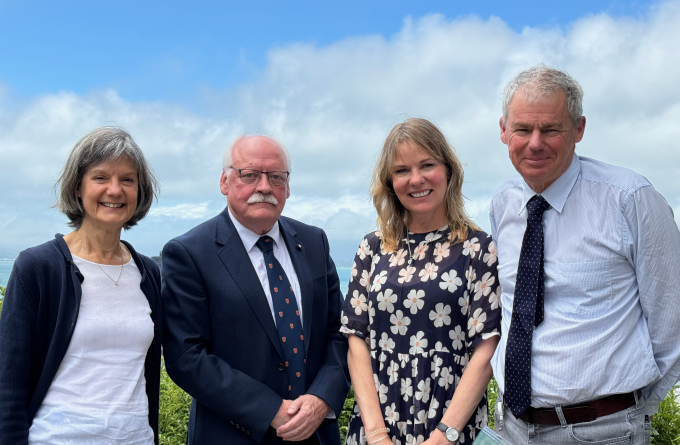
World-renowned cancer pathologist joins the Malaghan Institute as Distinguished Research Fellow
19 December 2024
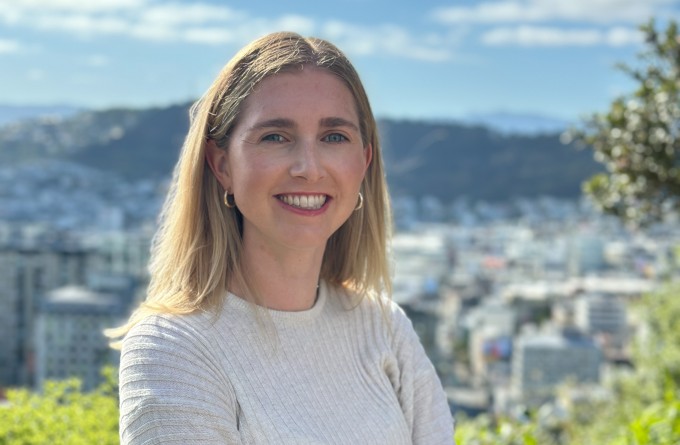
New Zealand to New York and back again: Malaghan researcher tackling liver cancer
18 November 2024
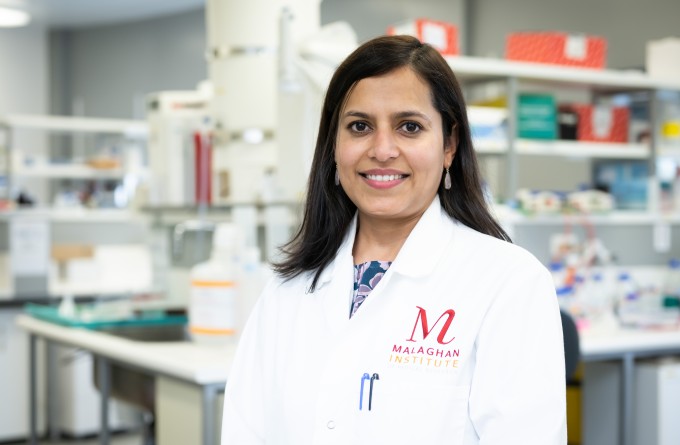
In Focus: CAR T-cell therapy, the battle of the blood cells
26 September 2024

In Focus: CAR T-cell therapy, the battle of the blood cells
26 September 2024
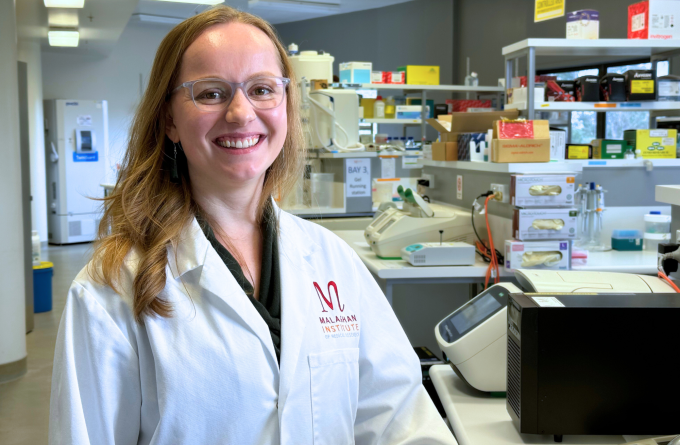
In Focus: Fever, too hot to handle or the body's first line of defence?
22 August 2024
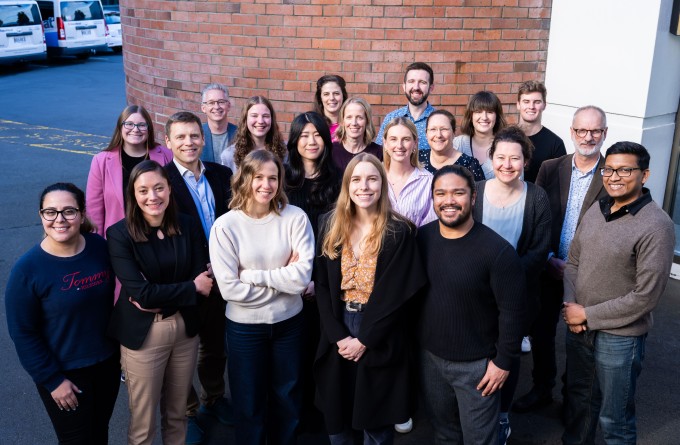
Phase 2 clinical trial underway to confirm effectiveness and safety of NZ’s first CAR T-cell cancer therapy
23 July 2024
